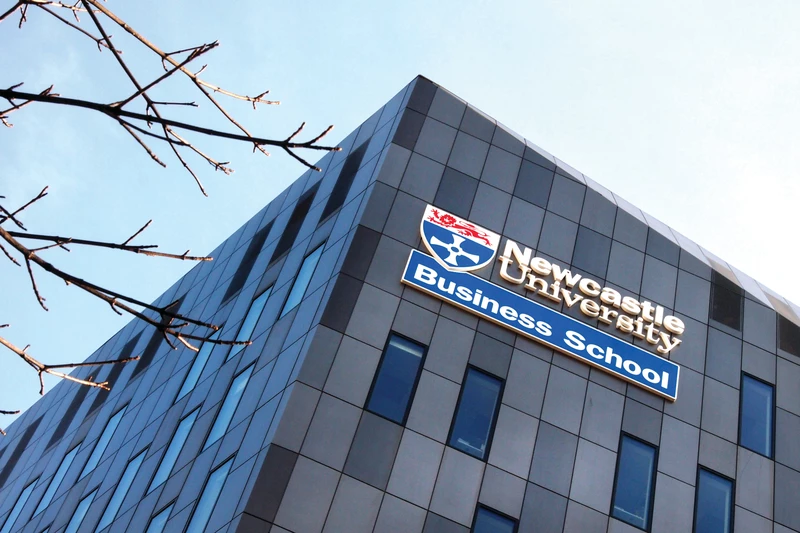
Partner Article
Project aims to improve international prospects for UK’s creative sector
Experts at Newcastle University Business School are aiming to better understand how the UK’s creative sector competes in international markets.
The project aims to address questions such as how can the UK boost trade and investment in the creative industries, how can it attract international creative talent, and how is Brexit going to affect the UK’s creative industries, in particular with respect to their spatial distribution across the country.
The research findings will inform government international trade and investment strategies to promote the interests of the creative sector.
Professor Giorgio Fazio, Newcastle University Business School, said: “The creative industries are an important, and growing, part of the UK economy, and the UK is often regarded as a global leader in the creative sector, for example in industries such as design, media and music. But this success might be unevenly spread across particular industries or concentrated in certain parts of the country and not all firms may be able to access international markets.
“In a context where creative trade and investment are going to be increasingly important for competing internationally, we want to understand how the sector as a whole can engage with overseas markets. We would like to bring together a national and international community of creative practitioners, academics, and policymakers for knowledge exchange and collaboration to create a research agenda that properly responds to industry needs.”
The project is part of the Creative Industries Policy and Evidence Centre (PEC), funded by the Industrial Strategy Challenge Fund through the Arts & Humanities Research Council.
The PEC is led by Nesta and involves a consortium of UK universities, working with industry partners and organisations such as the Work Foundation and Creative Industries Federation to answer some of the most pressing questions about the sector and provide independent research and policy recommendations.
Within the agenda of the PEC, Newcastle University Business School is going to lead on the work strand on the International competitiveness of the creative industries. The team at Newcastle includes Prof Giorgio Fazio, Dr Sara Maioli, Dr Pascal Mossay and Prof Jonathan Sapsed.
The first piece of research from the PEC, published earlier this month, showed that creativity will become even more important to the future growth of jobs. Nesta looked at 35 million UK job adverts from 2013 to 2017 and found that employers require creativity in jobs that are particularly likely to grow in importance between now and 2030.
This was posted in Bdaily's Members' News section by Newcastle University .
Enjoy the read? Get Bdaily delivered.
Sign up to receive our daily bulletin, sent to your inbox, for free.








 Raising the bar to boost North East growth
Raising the bar to boost North East growth
 Navigating the messy middle of business growth
Navigating the messy middle of business growth
 We must make it easier to hire young people
We must make it easier to hire young people
 Why community-based care is key to NHS' future
Why community-based care is key to NHS' future
 Culture, confidence and creativity in the North East
Culture, confidence and creativity in the North East
 Putting in the groundwork to boost skills
Putting in the groundwork to boost skills
 £100,000 milestone drives forward STEM work
£100,000 milestone drives forward STEM work
 Restoring confidence for the economic road ahead
Restoring confidence for the economic road ahead
 Ready to scale? Buy-and-build offers opportunity
Ready to scale? Buy-and-build offers opportunity
 When will our regional economy grow?
When will our regional economy grow?
 Creating a thriving North East construction sector
Creating a thriving North East construction sector
 Why investors are still backing the North East
Why investors are still backing the North East